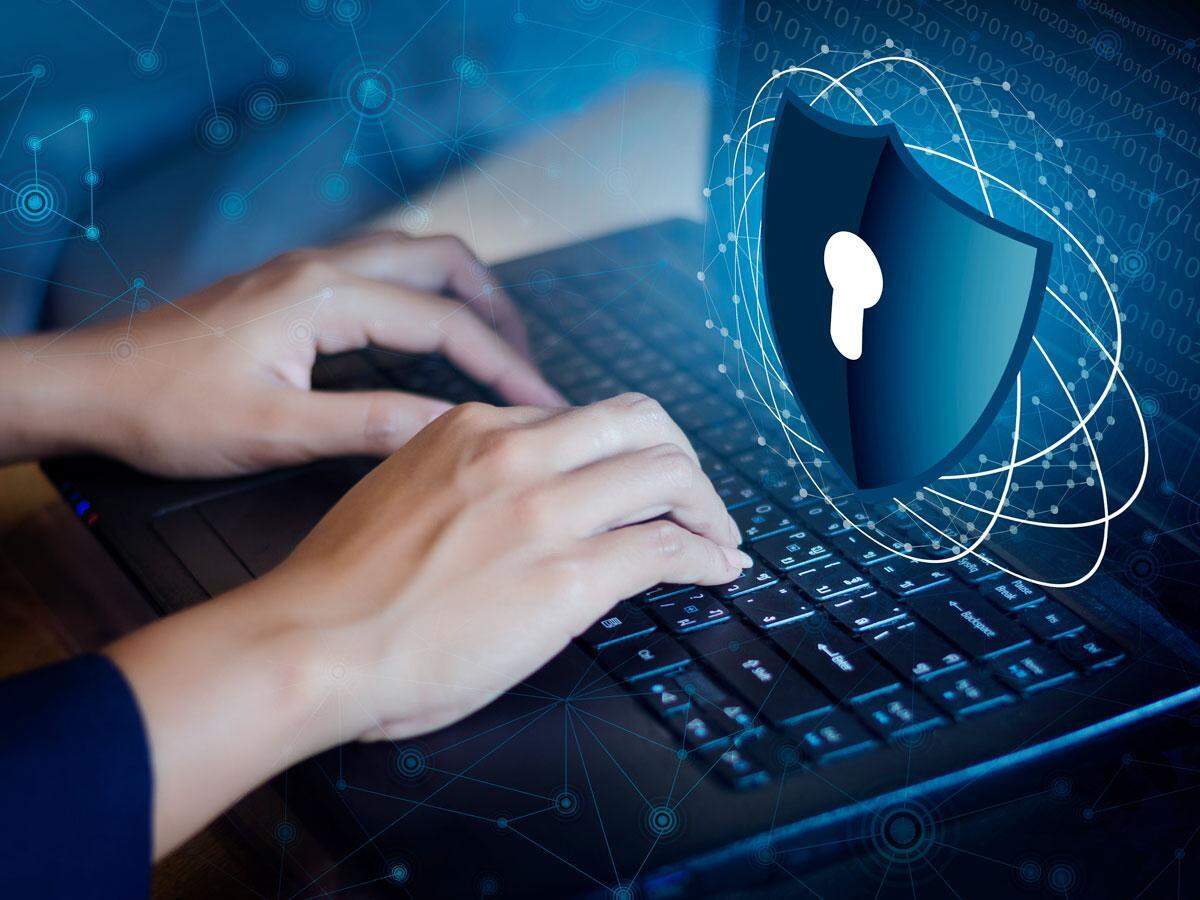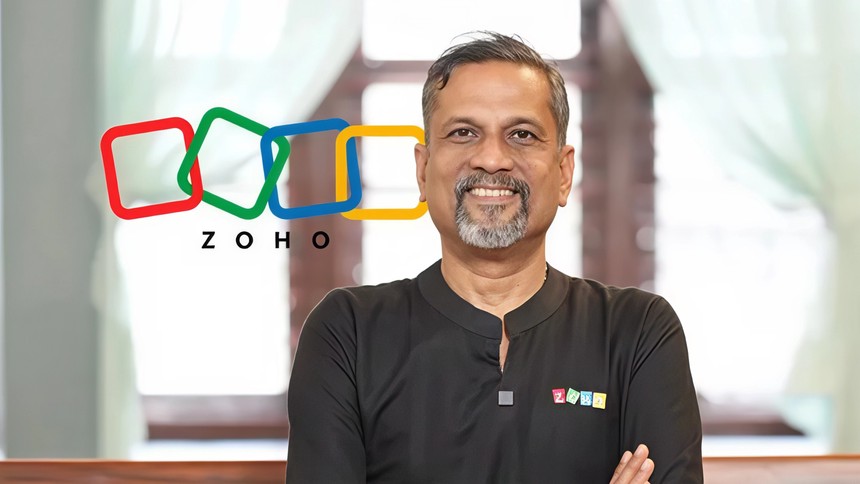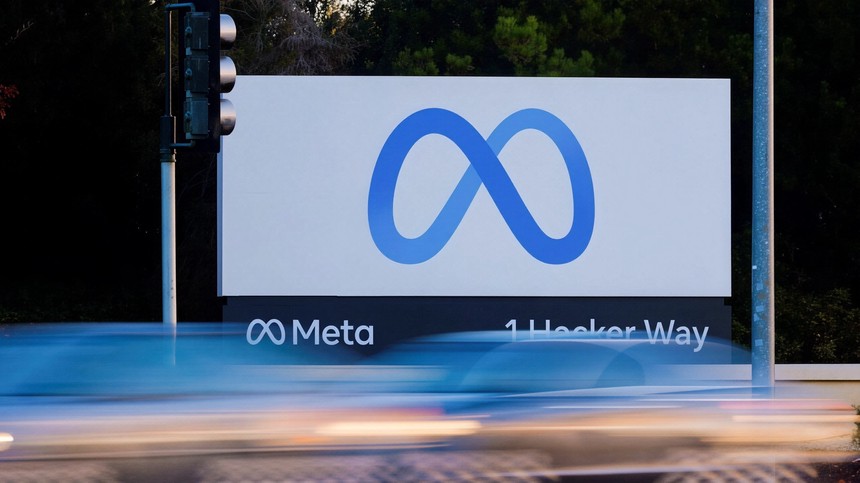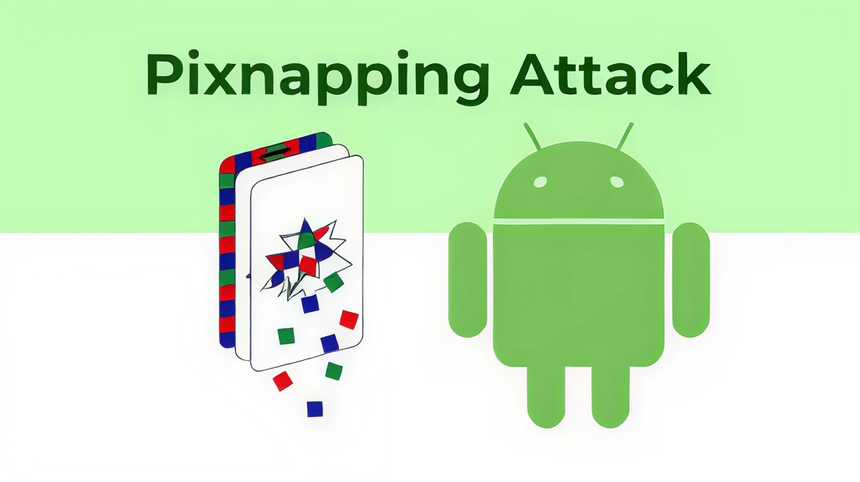Cyberattacks in Education on the Rise

India’s education sector has become a prime target for cybercriminals, with universities and research institutions suffering an average of 8,487 weekly cyberattacks in the past six months. This figure is almost double the global average of 4,368 incidents, according to Check Point Research. By comparison, other Indian industries see about 3,278 weekly attacks, already higher than the global average of 1,934.
The vulnerabilities are linked to hybrid learning environments, connected campuses and widespread use of personal devices. Many institutions also lack strong cybersecurity infrastructure due to limited budgets and insufficient resources, making them easy targets for hackers.
Impact Beyond IT Systems
The consequences extend well beyond technical downtime. Ransomware attacks have disrupted exams, delayed assessments and in some cases forced universities offline for weeks. Recovery has proven slow and costly, with median ransomware payments reaching millions of dollars. Alarmingly, only 30 percent of victims fully restored their systems within a week of an attack.
Beyond ransomware, breaches have exposed sensitive data. Student transcripts, personal records and even forged certificates are being sold on the dark web. In extreme cases, the fallout has been catastrophic, as seen when Illinois-based Lincoln College in the US permanently shut down after a ransomware incident.
AI-Driven Threats Fuel the Problem
Artificial intelligence is amplifying the threat landscape. In July 2025 alone, over 18,000 education-related domains were registered, with one in 57 flagged as malicious. Many were AI-generated to mimic exam portals or fee-payment sites. Attackers are also deploying AI tools for deepfake phishing, large-scale credential theft and malware that exploits system vulnerabilities within minutes.
Experts Call for Prevention-First Approach
Cybersecurity leaders warn that the education sector must adopt proactive defences. Sundar Balasubramanian, Managing Director at Check Point Software Technologies for India and South Asia, highlighted the surge of AI-powered attacks disrupting learning for millions of students. He urged institutions to embrace AI-driven defences, hybrid mesh security, cloud-native protection and advanced threat intelligence.
Experts also recommend enforcing multi-factor authentication, patching systems regularly, training staff and students on phishing awareness, and making cybersecurity a core part of academic governance.
Safeguarding the Future of Learning
As classrooms become increasingly digital, securing education is no longer just an IT responsibility but a critical requirement for protecting academic integrity, intellectual property and the futures of millions of learners. Without decisive action, cyberattacks threaten to undermine trust in India’s education system at a time when digital learning has become a lifeline.
Stay updated on cybersecurity and technology news by following Tech Moves on Instagram and Facebook.















